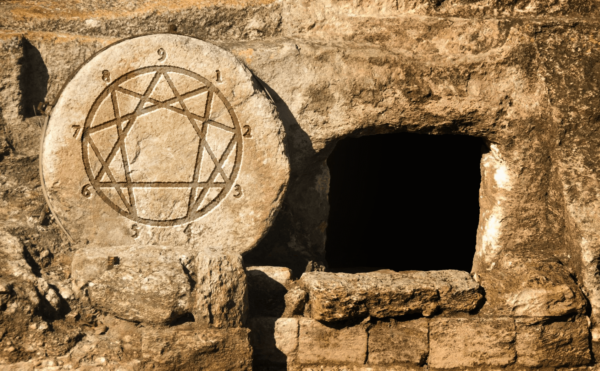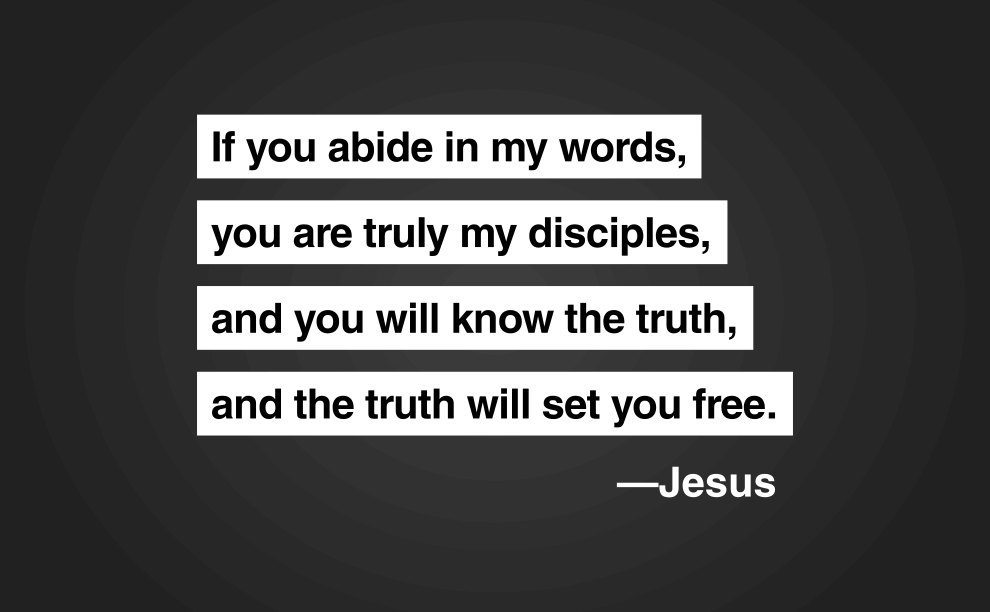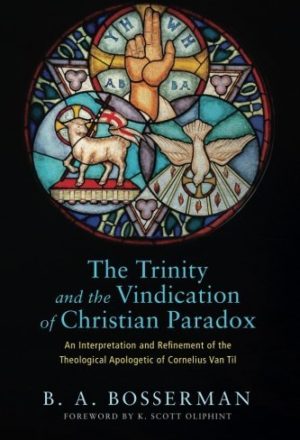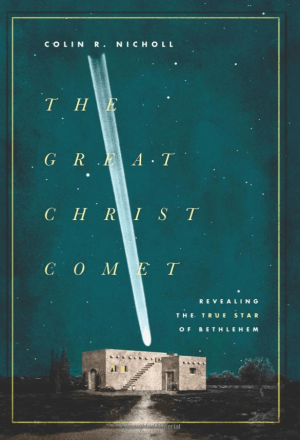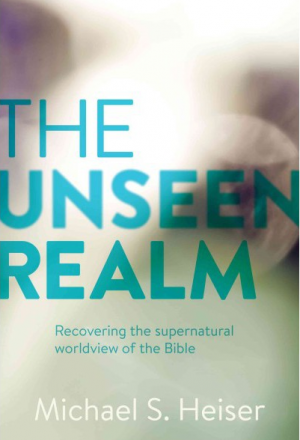“Is it not remarkable, this similitude between theology (the science of religion) and politics (the science of the state), this convergence of two apparently contrary orders of thoughts and facts are based upon one and the same conviction: that of the necessity of sacrificing human liberty in order to make men into moral beings, according to some, and virtuous citizens, according to others?” —Mikhail Bakunin, 19th century Russian anarchist.
What is the real threat to liberty?
In Bakunun’s mind, the primary goal of the state and religion was to establish virtue and obedience through the consumption of liberty. Given his experience living under Russian Imperialism in the 19th century, it’s understandable how one could have developed anarchist beliefs. Similar sentiments are growing rapidly today while we see the United States’ military might and presence continually reinforced and learn of its history of aggressive financial imperialism throughout the world.1 /r/Anarcho_Capitalism is a forum/subreddit on the social media platform Reddit that has grown 800% in the last 6 years2. Bakunin rightly felt oppressed, but is a form of anarchy the answer to state oppression and our growing liberty problems? When we understand liberty and the origins of government from a Biblical perspective, we can agree with Bakunin’s protests regarding government and religious oppression, but respond differently than resorting to anarchy.
God was the original head of state in the garden of Eden, and while he didn’t need a divine council, he chose to rule with one.3 His original intention for government was to be wholly good and a blessing to humanity, shown in Genesis 1 and 2. The very essence of life is from God (Isaiah 42:5) and the natural consequence of rebellion is death (Romans 6:23). If we think of human liberty merely in terms of choice, that notion is upheld by God when he gives humanity the volition to follow the single rule in the Garden or defect. The Mosaic law was later added because of transgression (Galatians 3:19), but Adam and Eve in their pre-fallen state didn’t need substantial laws because sin was not disrupting God’s natural design for life and liberty. The real threat to liberty, therefore, is the corruption from sin and living under its burden. Sin renders humanity unable to live the way we were designed to live: in loving sacrifice to others.
Rogue One
The serpent, Satan, was a member of God’s divine council, the first defector who rebelled against God, the initiator of a rogue state, and the one who enticed Adam and Eve to defect. When humanity fell, God issued judgments to humanity as well as separate judgments to the serpent, namely to crawl on his belly and eat dirt. This is a metaphor indicating that the serpent is cast down, away from God, to the dirt or the underworld. The serpent that wanted to be most high is made most low.4 The serpent is the original rebel and anyone in rebellion to God is of the same spiritual seed. The result of the fall brought a cascading rebellion that led God to disinherit all of the nations through His judgment over the Tower of Babel. This judgment left the nations to their own devices, resulting in the cannibalistic nature of the state.
Bad Spiritual Seed
Rebellion against God means alignment with the serpent (John 8:44, 1 John 3:8-12, and 1 Peter 1:23). After the fall, Genesis 6 reveals to us that a portion of the divine council rebelled and became the seed of the serpent when they left their appointed place (2 Peter 2:4 and Jude 1:6) to have sex with human women, resulting in the creation of the nephilim. Genesis 6:5 tells us mankind had devolved into great wickedness where every intention and thought of his heart was only evil continually.
As humanity multiplied after the flood, nations formed and rebellion grew. In Genesis 11, God railroaded human plans to build a tower to the heavens in the plains of Shinar by confusing their language and dispersing them over the earth. However, in Deuteronomy 32:8-9, we are given more insightful commentary into the tower of Babel event:
When the Most High gave to the nations their inheritance, when he divided mankind, he fixed the borders of the peoples according to the number of the Sons of God. But the Lord’s portion is his people, Jacob his allotted heritage. —Deuteronomy 32:8-9
The nations rejected God so He paired them off with rebellious lesser gods, members of the divine council (Psalm 82:1-8).5 God’s judgment at Babel is the point in history when the nations were assigned to the seeds of the serpent—their governments were placed on the shoulders of the creatures made low. The distinction is accentuated when God himself takes up his own portion and inheritance and assigns a new nation to himself. Immediately proceeding this event, Genesis 12 accounts the call of Abram that leads to the establishment of Israel, which initiates the trajectory to the Messiah, the New Covenant, and the New Kingdom.
The parable of the prodigal son in Luke 15 is typological prophecy about the nations. The younger son wanted his inheritance and the father allowed the son to voluntarily leave to be on his own. After squandering everything and ending up way worse off than before, he returns to his father, hoping to at least be a servant in his father’s house, but the father is elated at his return and reinstates his son-ship. The elder son, who speaks judgmentally upon his younger brother at his return, becomes angry and refuses to go inside to the feast. The younger son is a type for the disinherited nations of the world that eventually return to the Kingdom of God by receiving the father’s grace through their faith in Christ while the elder son is a type for God’s chosen people, Israel, who refuse to enter the Kingdom by their rejection of the father’s grace. The story ends with the father restating his promises to the elder son, but no resolution to the elder son’s position is given. The story ends with a cliffhanger. The parable foreshadows the destiny of the nations that is now realized today as the world’s nations are entering the faith while Israel stands outside.
The Theology Behind Statism
The establishment of the Mosaic covenant in Leviticus and Deuteronomy affected nearly every aspect of daily life. Common themes throughout the covenant include the worship of God alone, purity, justice, equity, property rights6, wages for labor, what to eat, hygene, and prominently the rule by God directly over the people through the institution of the Tabernacle. The state under the Mosaic covenant is invasive, but the key difference between God’s rule and others’ was His purpose to serve the good of his people by addressing the corruption of sin. All of the invasive requirements, blood sacrifice, priestly offices, etc. dealt with this problem. The law was burdensome (Acts 15:10). The burden of government went as far as the burden of sin laid upon the people.
As history marched on, Israel exercised frequent patterns of rebellion which led to their stubborn demand to be like the other nations and have their own human king (1 Samuel 8:4-9). God relented and commanded Samuel to warn them of the consequences. God’s power and assets were already firmly established. The whole earth belonged to him (Exodus 19:5) and there are numerous passages detailing His omnipotence, but a human king had to be established. The only course was to cannibalize additional resources from within the nation to significantly increase state assets and power through forced conscription and taxation of the people:
“So Samuel told all the words of the Lord to the people who were asking for a king from him. He said, ‘These will be the ways of the king who will reign over you: he will take your sons and appoint them to his chariots and to be his horsemen and to run before his chariots. And he will appoint for himself commanders of thousands and commanders of fifties, and some to plow his ground and to reap his harvest, and to make his implements of war and the equipment of his chariots. He will take your daughters to be perfumers and cooks and bakers. He will take the best of your fields and vineyards and olive orchards and give them to his servants. He will take the tenth of your grain and of your vineyards and give it to his officers and to his servants. He will take your male servants and female servants and the best of your young men and your donkeys, and put them to his work. He will take the tenth of your flocks, and you shall be his slaves [emphasis mine]. And in that day you will cry out because of your king, whom you have chosen for yourselves, but the Lord will not answer you in that day.'” — 1 Samuel 8:10-18
The human-king model added one degree of separation between God’s rule and His people and the burden of the state increased as the sins of the people increased.
The judgement at Babel indicates politics are theological evidenced by the fact that nations have spiritual components, the first being they are assigned to a ruling elohim. The pattern in 1 Samuel 8 shows us that when a nation turns away from God, their worship and sacrifice shifts to lesser gods (kings and idols) and the size and power of the earthly state increases. Statism is the oppressive advance of the state, fueled by the sins of the people. The kings after Solomon are additional case studies of this pattern. When a good king was in place that honored God and acknowledged that blessing comes from Him alone (James 1:17), the king would destroy the idols within the nation and the people would be at peace. When a bad king was in place that dishonored God, idolatry would increase and the people would suffer abuse by the state. Concurrently, the people were regularly chomping at the bit to turn to idolatry. They would pressure their rulers to give them what they wanted and many kings did. It’s important to note that idolatry and statism often functioned in parallel: an echo of God’s judgment at Babel.
In our age of naturalism, statism entered into full thrust in the 19th and 20th centuries. Karl Marx and Fredrick Engels, authors of The Communist Manifesto, believed communism was an evolution beyond religion as it “abolishes eternal truths” and “abolishes all religion.” Their goals were to remove all property ownership, levy heavy progressive or graduated income taxes, abolish inheritances, confiscate property of emigrants and rebels, centralize credit in the hands of the state by means of a national bank with state capital and an exclusive monopoly, centralize communication and transport to the state, etc.7 Modern socialism fed on the masses under Stalin in Russia and even worse under Mao Zedong in China, where tens of millions died under the demands of the states.
Statism also plays out in imperialism and cronyism, the latter often misjudged as “capitalism”. “To the extent that businesses stop engaging in peaceful and voluntary transactions and instead use state-sponsored coercion to profit from the exploitation of the poor and helpless, it cannot appropriately be called “capitalism.”8 Regardless of the method, the values of earthly states often reflect the serpent that wants to steal, kill, and destroy by cannibalizing the people and resources within the nation.
Statism is the result of a corrupted understanding for how to address evil. It is a false gospel with false promises that orient people away from God in Heaven, to false gods that sprout from the earth (rulers) or have been cast down to the earth (gods). On the other side of the spectrum, anarchy fails to acknowledge God as the true head of state, the source of all life, nor his judgments at Babel. Adam and Eve were the first human anarchists. Anarchy is an echo of the original lie from the divine rebel in the Garden and statism is the false promise that something found on this earth will resolve evil and give back our liberty. It only does the opposite.
And The Government Shall Be Upon His Shoulder
Jesus now bears the burden of sin and statism. Here is Isaiah’s prophecy about the coming Messiah and the role of government:
“For to us a child is born, to us a son is given; and the government shall be upon his shoulder, and his name shall be called Wonderful Counselor, Mighty God, Everlasting Father, Prince of Peace. Of the increase of his government and of peace there will be no end, on the throne of David and over his kingdom, to establish it and to uphold it with justice and with righteousness from this time forth and forevermore. The zeal of the Lord of hosts will do this.” —Isaiah 9:6-7
As I mentioned before, the burden of government increases as the sins of the people increases. God in his goodness has transferred the entire burden of sin to himself and consequently the whole of government back to himself through His Son Jesus on the cross.
In John 18:36 Jesus states that His Kingdom is not of this world. This statement is a call to reorient one’s worship to God in Heaven above, not something on the earth below. The serpent was cast down to the dirt, where the fruit of the Tree of the Knowledge of Good And Evil sprouted from. The serpent’s kingdoms are low. Jesus’s Kingdom is high. The world’s governments frequently declare to us through constant demands for resources and sacrifice “die, so that I can live.” Jesus declares to us “I will die, so that you can live”. One of the promises of the Gospel is to redeem the state, which reinstates God as the head over the nations that rebelled, through their repentance from sin and faith in His Son Jesus. The result is a form of government that reorients worship to God and perfectly functions for the good of God’s people, populated by all tribes, tongues, and nations (Revelation 7:9). The prodigal son returns home. In light of this truth, we can appreciate the good and resist the evil in the dysfunctional nation we belong to, knowing all of them they will eventually fall under the banner of Christ as they sunset into history.
Already And Not Yet
Government is still good, even in its fallen state, a broken reflection of the true state. Not all nations reflect the values of the serpent equally. God tells us that every ruling authority has been established by God (Romans 13:1-2 and John 19:10-11), that those in authority are servants and ministers of God (Romans 13:4-6). Those who reject government authority reject God’s authority (Romans 13:2) and his judgment for this age. Despite the defectors from the divine council, God is still sovereign over them and all governments and He uses both to fulfill His redemptive purposes, even when they do not act on behalf of the good of all people. Even when the demands of the state are overbearing and cruel, God sanctifies His people through the suffering, He supernaturally provides when needed (Matthew 17:24-27), and He promises justice (including justice for statist oppression) on the day of judgment. As Christians, we are free to operate and submit to governing authorities as we trust in God’s promise for the fulfillment of the new state. And like Daniel who defied Nebuchadnezzar, the wise men at Jesus’s birth who defied Herod, and others in the Bible, we are free to defy the state in good conscience when we are commanded to do evil, knowing that death is not the end.
Trending
References:
- Rothbard, Murray. "The Origins of the Federal Reserve." The Quarterly Journal of Austrian Economics Vol 2, no 3 (Fall 1999), 19-25.
- Archive.Today. "/r/Anarcho_Capitalism metrics." December 2017.
- Heiser, Michael S. "The Unseen Realm: Recovering the Supernatural Worldview of the Bible." Lexham Press, 2015, 32.
- Heiser (91).
- Heiser (112-113).
- Kaiser, Dr. Walter. "Ownership and Property in the Old Testament Economy." Instritute for Faith, Work & Economics, September 2012.
- Marx, Karl and Engfels, Frederick. The Communist Manifesto." II Proletarians and Communists, Feb 1848, Hosted by Marxists.org.
- Curtis, Tyler. "Cronyism Feeds on the Success of Capitalism—but It Should Not Be Confused with Capitalism Itself." Foundation for Economic Education, May 27, 2018.








